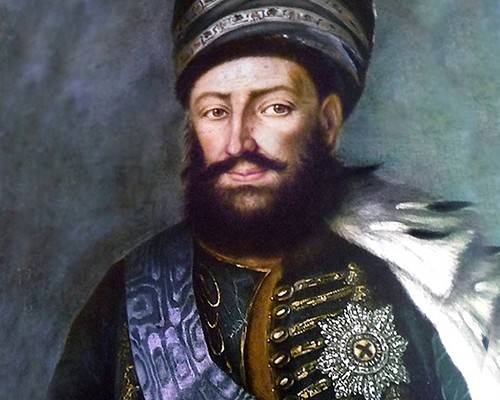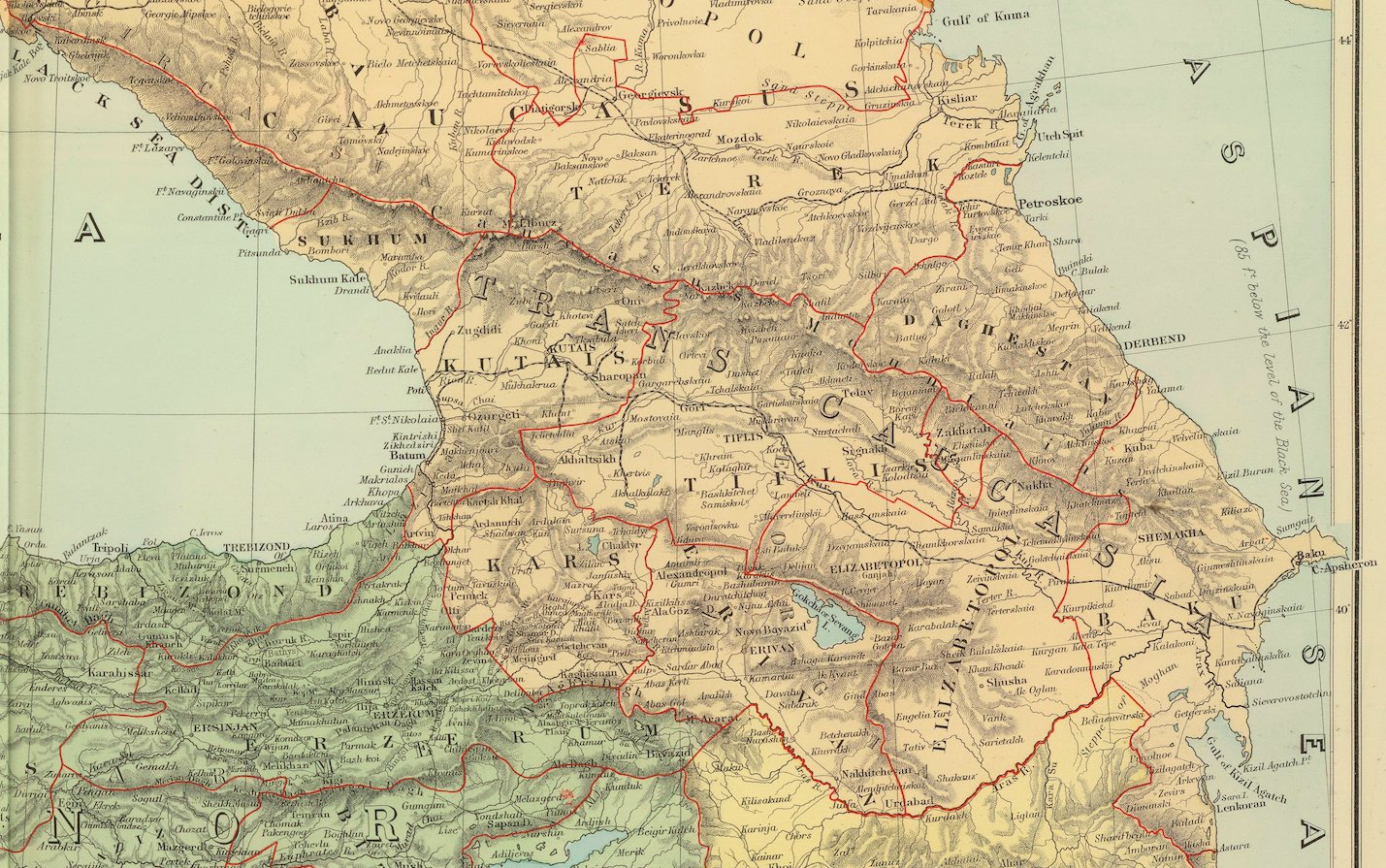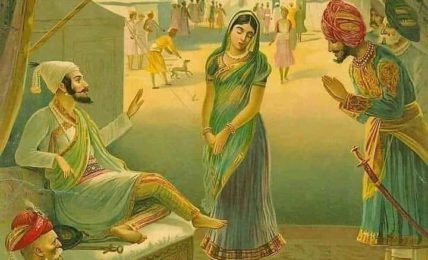Rise of Russia and Fall of Persia in Eastern Caucasus
The Russian blood shed in Asia, on the shores of the Araks and the Caspian Sea, is no less precious than that shed in Europe on the shores of Moscow and the Seine, and the bullets of the Gauls and Persians cause the same suffering - Kotlyarevsky









